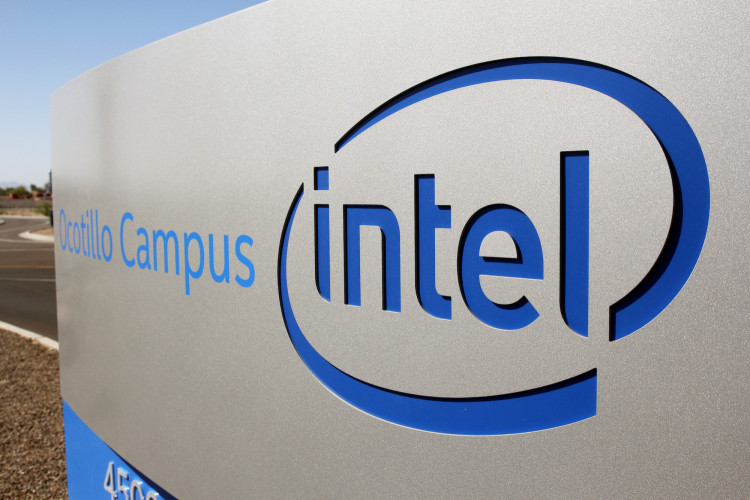Intel and Israeli semiconductor contractor Tower Semiconductor announced on the 16th that their proposed $5.4 billion acquisition deal has been scrapped due to a lack of timely regulatory approvals. Numerous media outlets, including Reuters and Bloomberg, have indicated that the Chinese regulatory bodies are behind the non-approval.
Last February, Intel announced it had reached a definitive agreement to acquire Tower Semiconductor. Bloomberg reported that the acquisition of the Israeli firm was part of Intel's plan to penetrate the rapidly growing semiconductor contract manufacturing market. Upon the initial announcement of the deal, Intel anticipated it would take "about 12 months" to finalize. By last October, the chipmaker expressed hopes to conclude the acquisition by Q1 2023, but by March this year, warned of a potential push to the second quarter. Sources familiar with the matter noted that the final deadline was midnight, August 15th, California time, and both companies did not anticipate approval from China.
Reuters mentioned that Intel's CEO, Pat Gelsinger, had been actively working on securing approval from Chinese authorities for the Tower acquisition. Just last month, he visited China and met with government officials. However, Gelsinger also stated that regardless of the outcome of the deal, Intel remains committed to investing in semiconductor contract manufacturing.
Global M&A Challenges
The Wall Street Journal highlighted that large-scale global acquisitions often require the green light from multiple regulatory bodies in major markets. In China, a merger is subject to antitrust review if the combined annual revenues of the companies involved in the deal exceed $117 million within China.
US media have portrayed this incident as the latest strain in US-China business relations. The New York Times commented that technology has become the primary battleground amidst the heightened economic tensions between the two nations. The US has spearheaded several measures to restrict the sale of advanced computer chips with potential military applications to China, as well as the equipment to manufacture such chips, causing considerable unease in Beijing. China has condemned these actions, viewing them as Washington's efforts to curb its technological advancement and slow its economic growth.
Communications industry expert Xiang Ligang told Global Times reporters on the 16th that Tower Semiconductor conducts some business in China, so related acquisitions would require approval from Chinese regulators. He added that if a merger could lead to a monopoly that impacts China's industry, it's standard for the acquisition not to be approved. "If it's detrimental to Chinese industry, we, of course, wouldn't approve," Xiang said.
Last year, DuPont abandoned its $5.2 billion bid to acquire electronic materials manufacturer Rogers Corporation, also due to the inability to secure approval from Chinese regulatory bodies.
Economic Interdependence
Despite the existing tensions between the US and China, the two economies remain highly interconnected, relying on each other's supply chains, technology, and investment capital. For Intel, China represents not only a significant market but also a major operational hub. In 2022, the company employed over 12,000 staff in China, generating revenues exceeding $17 billion, accounting for roughly 27% of its global total.






